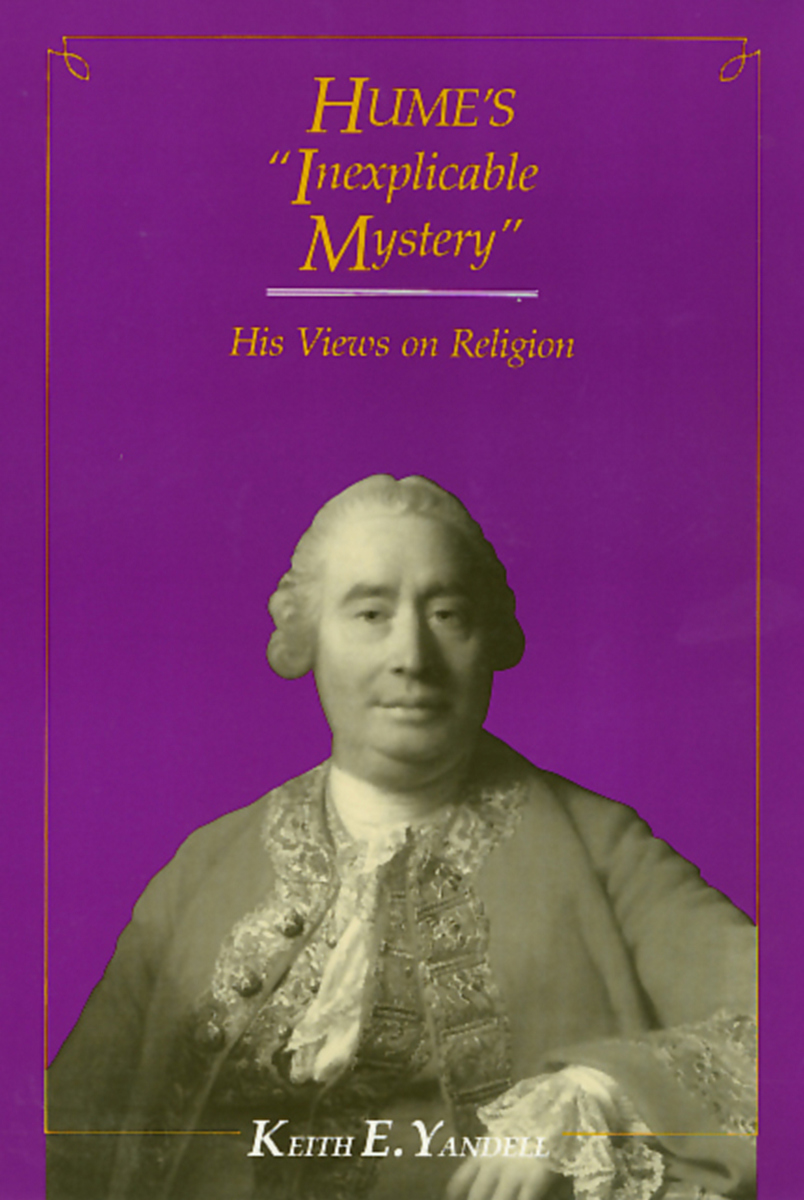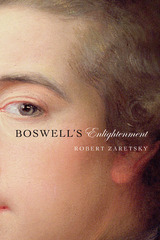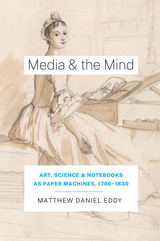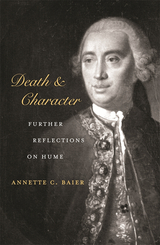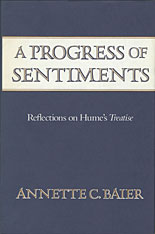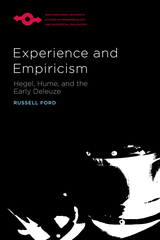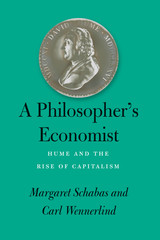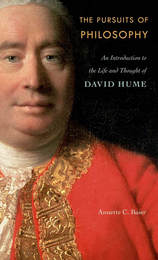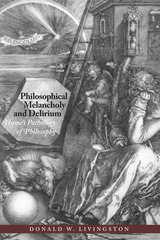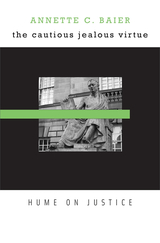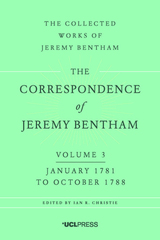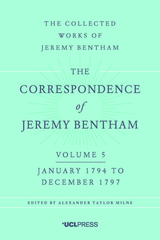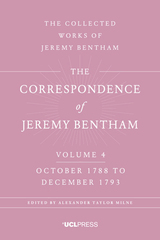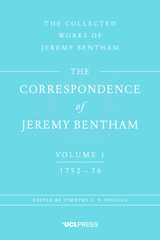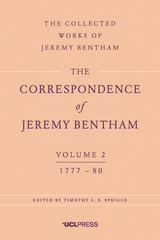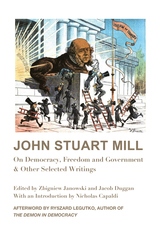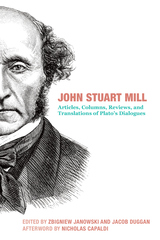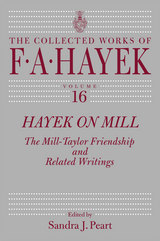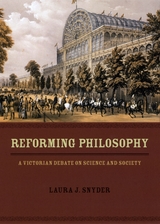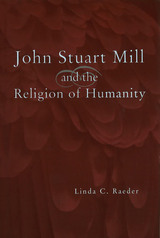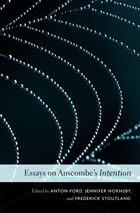Preface
Abbreviations
Introduction
Part I: The Natural History of Religion
1. The Content of the Natural History
Hume's Theory of Religious Belief • Hume's Apparent Approval of the Design Argument • The Secondary Status of the Propensities to Religious Belief • Hume on Religion and Morality • Religion and Human Nature • Part Twelve of the Dialogues • Verbal Dispute in Dialogue Twelve • Philo's Confession of Faith
2. The Treatise Repetition of the Natural History Pattern of Explanation
The Skeptical Prologue • Belief in an External World: Humean Constancy • Belief in an Enduring Self • Principles of Association as Propensities, Causality Included • The Treatise Explanations and the Natural History Explanation • Conflict Concerning the External World • Conflict Concerning Enduring Numerically Identical Selves
3. Religious Belief as a Danger to Human Nature
A Further Similarity • Natural Beliefs • Basic Propensities • Religion and Human Nature Again • Human Nature • Hume and Calvin on Human Nature • The Rights of Reason and the Rights of Religion
4. Hume's Account of Persons as Propensity Bearers
Two Models of Human Nature • The Appendix Summary • The Soul or Person • Meaning • Do Simple Perceptions Endure? • Substances • Identity • Time • A Brief Look Backward • An Example of the 'Real Connections Among Perceptions' View • Self-Awareness • Observability and Transparency • Foundationalism • Certainty and Personal Identity • Transparency and Real Connections • Why We Believe in Personal Identity • Memory and Personal Identity • Agency and Morality • Summary of the 'Real Connection' Line of Reasoning • Conclusion
5. Hume's Explanation of Religious Belief
A Brief Review • The Elements of Hume's Explanation • A Critique of Hume's Strategy • The Critique Assessed • Religious Experience and Hume's Explanation • Elements of an Argument from Religious Experience • A Principle of Experiential Evidence • Social Science Explanations and the Argument from Religious Experience
Part II: Hume's Discussion of Natural Theology
6. Hume's Evidentialism
Hume and Radical Religious Evidentialism • Bishop Butler on Probable Evidence
7. Hume's Theory of Meaning
Incomprehensibility • An Introduction to Ineffability • Ineffability: Another Look • Divine Incomprehensibility and Negative Theology • Meaning, Verification, and the Designer Hypothesis • Incomprehensibility Again
8. Design, Causality, and Purpose
The Causal Principle and the Causal Maxim (Dialogues, Part Two) • Theism and the Dialogues • The Design Argument: Initial Formulation • On Proportioning Degrees of Belief and Evidence • Arguments from Experience • Inductive Arguments and Lawlike Connections • Inductive Argument and Argument by Analogy • The Design Argument and Postulation of Theoretical Entities • Relevant versus Irrelevant Properties • The Fallacy of Composition • Opposing Analogies • Is the Universe a Thing? • Being Designed and Having a Purpose
9. Inductive Arguments and Analogical Arguments
Cleanthes' Attempt to Avoid Philo's Critique (Dialogues, Part Three) • Inductions from Single Cases • Review and Prospect • A Two-Stage Design Argument • Argument by Analogy to Properties of the Universe's Designer • The Most Plausible Analogy or Model • Miscellaneous Topics • (A10) and Ultimate Explanations
10. Design Arguments and Multiple Models
Ramifications of and Alternatives to the Designer Hypothesis (Dialogues, Part Four) • More Ramifications of the Designer Hypothesis (Dialogues, Part Five) • Alternatives to the Designer Hypothesis Again (Dialogues, Part Six) • The Universe, Vegetables, and Animals (Dialogues, Part Seven) • Various Models for Understanding Universal Order Again • Alternative Models for Explaining Universal Order (Dialogues, Part Eight)
11. Other Theistic Arguments
Demea's a Priori Arguments (Dialogues, Part Nine) • The Notion of Necessary Existence • The Universe and Necessity • Explanation and Infinite Series • Philonian Determinism
12. Evil, Happiness, and Goodness
Religion and Fear (Dialogues, Part Ten) • Hedonism • The Equivocation Argument • The Equivocation Argument Assessed • Happier Possible Persons? • Means and Ends • The Argument of Epicurus • The Argument of Epicurus Assessed • Omnibenevolence and the Phenomena
13. Evil, Prediction, and Probability
The Prediction Argument (Dialogues, Part Eleven) • Is Evil a Priori Unlikely? • The Aquinas Line • The Leibniz Line • Determinism and Responsibility • Disanalogies between God and Human Agents • Direct and Indirect Causation • The Consistency Question • Philo's Four Causes • Philo's Four Circumstances • The Four Circumstances Argument • Evil and Probability
Part III: Further Humeana
14. Superstition, Enthusiasm, Suicide, and Immortality
Of Superstition and Enthusiasm • On Suicide • Immortality • Metaphysical Arguments • Moral Arguments • Physical Arguments • Ethical Arguments • The Pre-Dialogues Dialogue
15. Miracles
What Is a Miracle? • Miracles and "Extraordinary" Events • Miracles and the Stormy History of Science • Miracles and Epistemology • Hume's Argument Appraised • Hume's Subsidiary Arguments • Some Comments about the Subsidiary Arguments • Hume's Main Position on Miracles • Conclusion
Notes
Bibliography
Index
